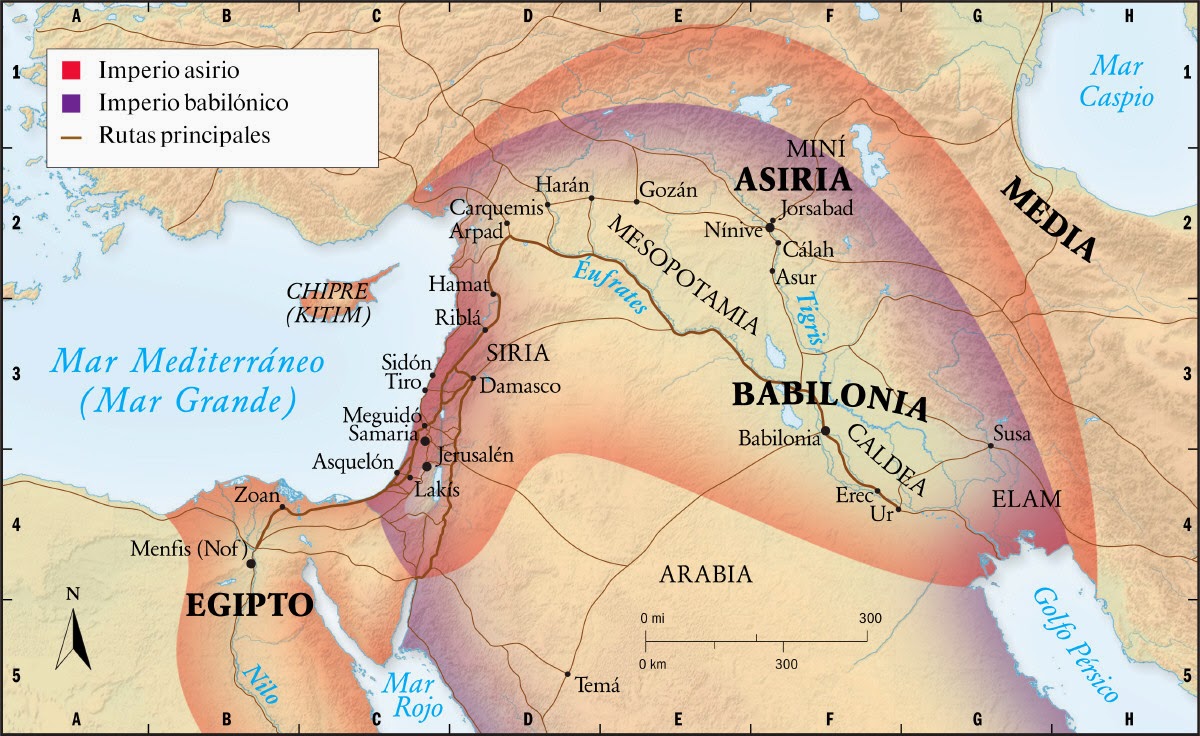No, son mapas que señalan como estaba Partia en el siglo I d.C.
Edil, ya te demostré que solo se perdono a los pretendientes del trono, no a los judíos. Pues como tu bien citas:
The difficulty appeared insuperable; but it was overcome by the voluntary act of Kinnamus, who wrote to Artabanus and offered to retire in his favor. Hereupon Artabanus returned and remounted his throne, Kinnamus carrying his magnanimity so far as to strip the diadem from his own brow and replace it on the head of the old monarch. A condition of the restoration was a complete amnesty for all political offences, which was not only promised by Artabanus, but likewise guaranteed by Izates.
Nada se dice de los judíos en el texto que pegaste. Es mas el siguiente texto es mas esclarecedor:
The picture has the same features of antipathies of race unsoftened by time and contact, of perpetual feud bursting out into occasional conflict, of undying religious animosities, of strange combinations, of fearful massacres, and of a government looking tamely on, and allowing things for the most part to take their course. We see how utterly the Parthian system failed to blend together or amalgamate the conquered peoples; and not only so, but how impotent it was even to effect the first object of a government, the securing of peace and tranquillity within its borders. If indeed it were necessary to believe that the picture brought before us represented truthfully the normal condition of the people and countries with which it is concerned, we should be forced to conclude that Parthian government was merely another name for anarchy, and that it was only good fortune that preserved the empire from falling to pieces at this early date, within two centuries of its establishment But there is reason to believe that the reign of Artabanus III. represents, not the normal, but an exceptional state of things—a state of things which could only arise in Parthia when the powers of government were relaxed in consequence of rebellion and civil war.
No como siquiera el asunto judío ni siquiera fue parte de las causales.
Edil, desde un comienzo dije que san Pedro no estaba en Babilonia porque la ciudad estaba abandona, Seleucia no tenia judíos y los judios que quedaban estaban dispersos alrededor de Ctesifonte o en Ctesifonte. ¿Y ahora haces la maroma de que te referías a la region? Uf, ni Houdini.
Pero bueno, vamos a darle un buen punto final a esto. San Pedro en su Epístola afirma:
"Os saluda la que está en Babilonia, elegida como vosotros, así como mi hijo Marcos."
Primera Epistola de san Pedro. V,13.
¿Puedes comprobar que se refería a la región y no a la ciudad?
Pax.


